What Are The Alternatives To Elections
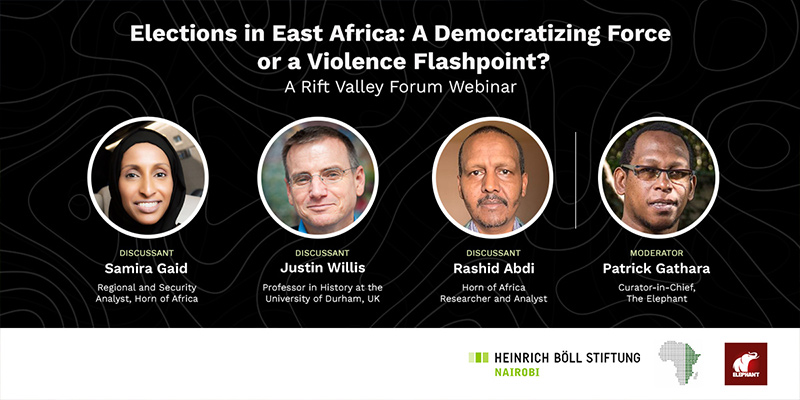
Over the past year, countries across the East Africa region have held elections to elect leaders at various levels. These polls have been accompanied by complaints over irregularities, violence and a general lack of credibility. In Uganda and Tanzania, disputed polls and allegations of rigging by incumbents were followed by brutal crackdowns on democratic freedoms. […]
Elections in East Africa: A Democratizing Force or a Violence Flashpoint?
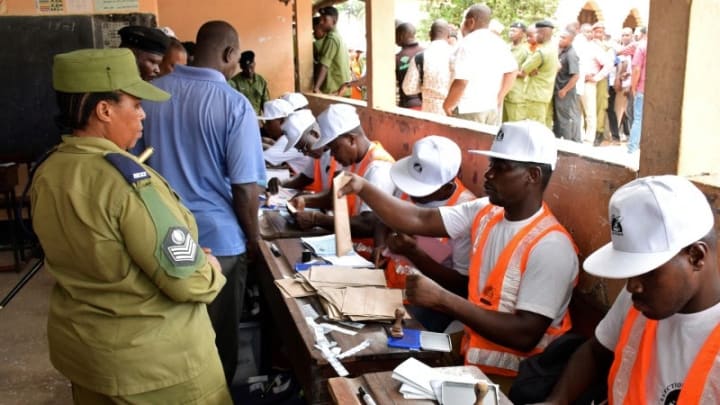
On 14th October 2021, the Rift Valley Institute in partnership with the Heinrich Boll Foundation and The Elephant will host its last elections series webinar to discuss lessons the region can learn from voting as a means of democratisation, as well as what needs to be done to secure a long-term democratic trajectory […]
Book Launch: Making and Breaking Peace in Sudan and South Sudan
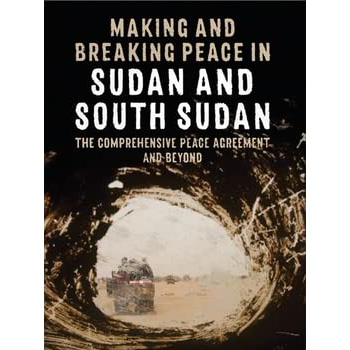
Sudan’s 2005 Comprehensive Peace Agreement ended more than two decades of civil war and led to South Sudan’s independence. Peacemaking that brought about the agreement and sought to sustain it involved, alongside Sudan, an array of regional and western states as well as international organizations. This was a landmark effort to create and sustain […]
The Role of Civil Society in Managing and Mitigating Conflict in Ethiopia
In response to recent events in Ethiopia, notably the declining space for civil society and humanitarian actors to operate and limited media coverage of the Ethiopia conflict, on 1 December 2020, the Rift Valley Forum hosted a panel discussion to explore the role of regional bodies and civil society in managing and mitigating conflict. […]
Tanzania Elections 2020
On 30 September 2020, the Rift Valley Forum, in partnership with Heinrich Boll Foundation, hosted the second forum in the Elections Series on the 2020 elections in Tanzania. The forum examined the Tanzania experience under President Magufuli, leader of Chama Cha Mapinduzi, who was elected in 2015. Among the issues discussed was the repression […]
Elections in the Horn and East Africa 2020–21
On 16 September 2020, the Rift Valley Forum, in partnership with Heinrich Boll Foundation, hosted on online forum to explore the electoral atmosphere in the East and Horn of Africa region. The forum provided a critical space for the examination of contentious issues around elections scheduled for 2020 and 2021. The issues discussed included […]
Somalia Elections 2020–21
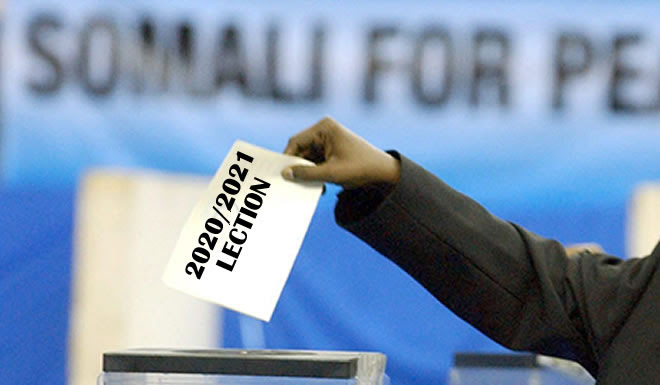
On 17 September, Somali leaders agreed on an indirect election model to be used for upcoming elections, similar to the process used in 2016. Parliamentary elections are due to be completed by 28 December 2020, and presidential elections on 8 February 2021, but the consensus over the electoral process has begun to fray. A […]
Book Launch: The Dissent Channel
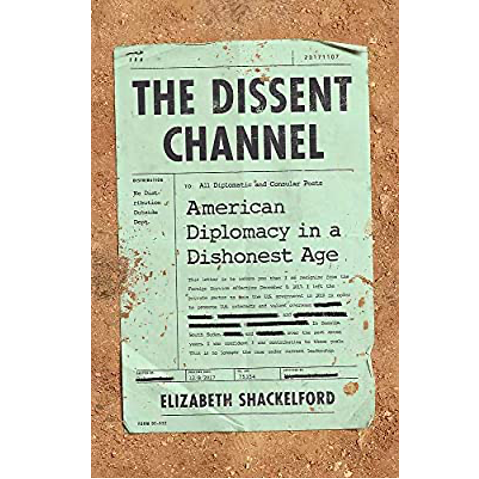
In South Sudan, a peace deal was signed in September 2018 to bring an end to a conflict that has killed and displaced hundreds of thousands of people since 2013. However, progress towards implementing the agreement has been slow, and transitional justice and accountability have been almost entirely overlooked. On 20 January, the Rift […]
Uganda Elections 2021: New Wine, old problems
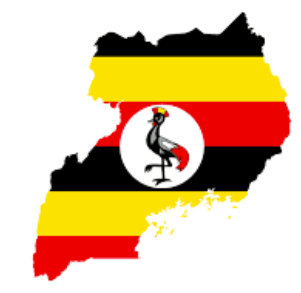
On Wednesday 28 October 2020, the Rift Valley Institute, in partnership with the Heinrich Böll Foundation, hosted the third webinar in its elections series to discuss the upcoming elections in Uganda, which will be held in February 2021. Background President Yoweri Museveni (76), leader of the National Resistance Movement (NRM), is standing for a sixth […]
Gender, Protests and Political Change in Africa
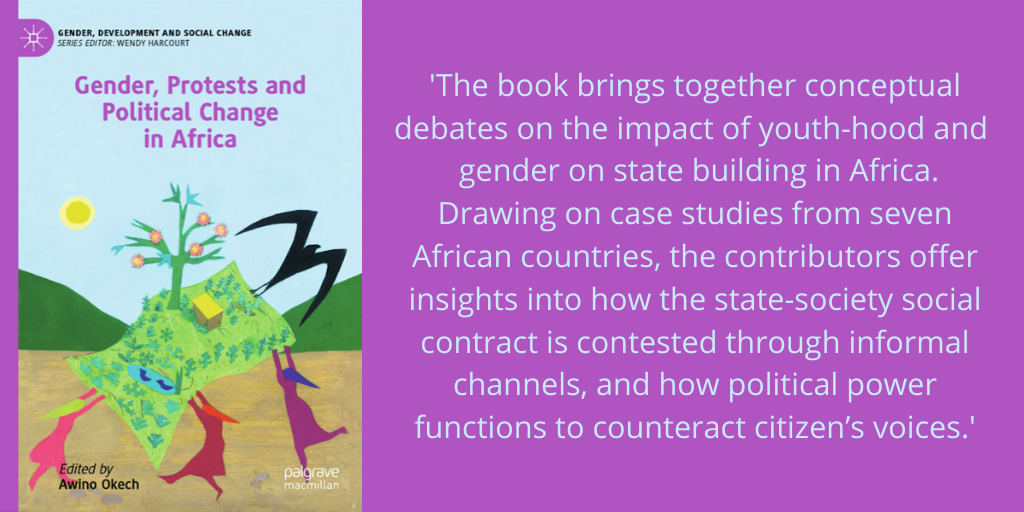
On Friday 7 August, the Rift Valley Forum hosted a launch of the book, Gender, Protests and Political Change in Africa, edited by Awino Okech. The book brings together conceptual debates on the impact of youth-hood and gender on state building in Africa. It offers contemporary and interdisciplinary analyses on the role of protests as an alternative […]
